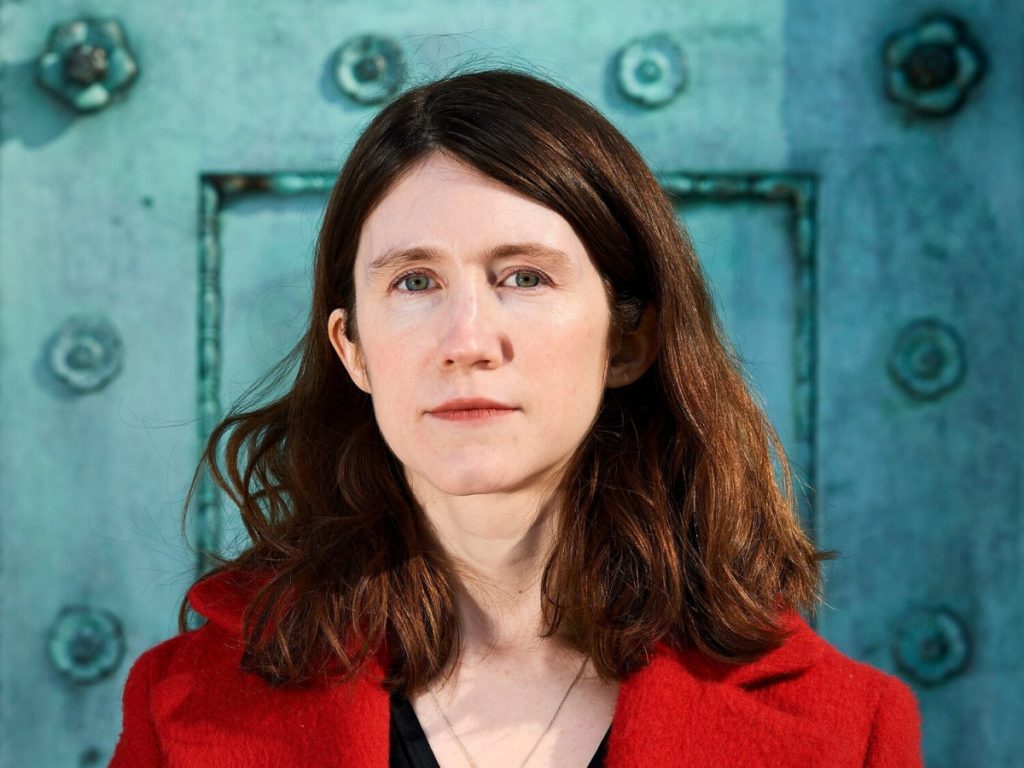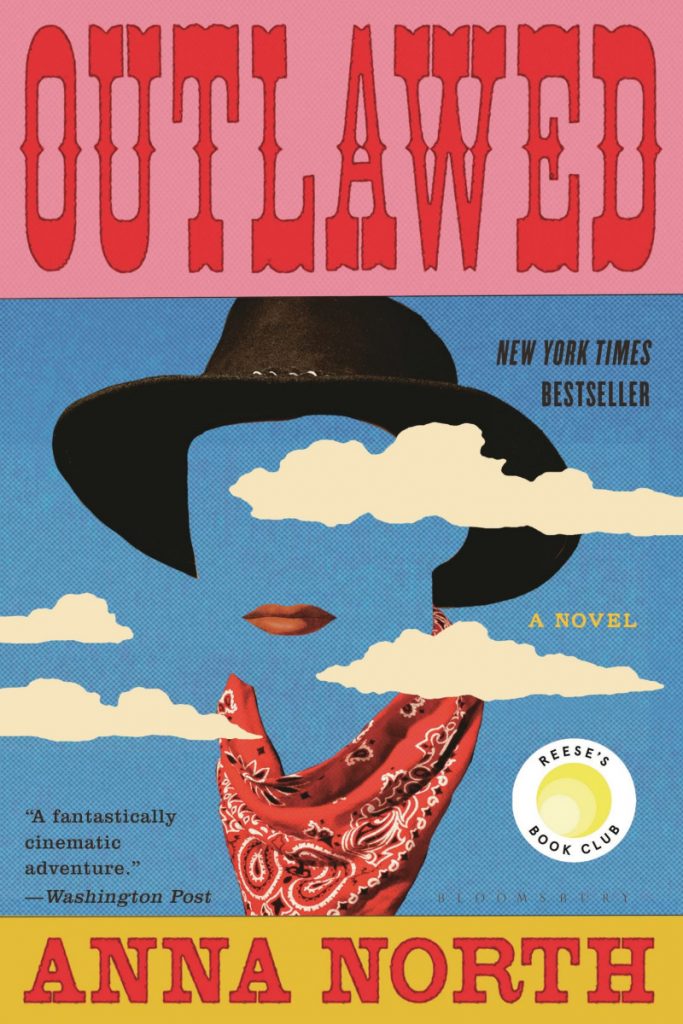Who gets to participate in democracy? What does it take, not just to vote, but to be able to use your voice in various ways — to be a fully equal citizen?
“One of the areas that I’m specifically interested in as it relates to (my novel), Outlawed, is reproductive rights,” said Anna North, a novelist, journalist and the Week Five Chautauqua Literary and Scientific Circle author. “In her dissent in Gonzales v. Carhart, Ruth Bader Ginsberg talks about the importance of abortion rights for women, in terms of being equal citizens.”

Being a fully equal citizen entails bodily autonomy and economic security for United States citizens, North said.
“It also means things like: ‘Do you have the mental health that allows you to participate in democracy in various ways?’ ” she said. “It’s about looking at democracy through the lens of who is able to participate, and specifically through the lens of: ‘How do reproductive rights and reproductive freedoms influence who gets to be an equal citizen in a democracy?’ ”
At 3:30 p.m. Thursday, July 28, in the Hall of Philosophy, North will give a CLSC lecture on the future of voting and reproductive rights in the United States, and on how these issues intersect with Outlawed.
North said that Outlawed details an alternate North American history where people become so obsessed with reproduction that infertile women, in particular, are stigmatized.
“They essentially have no rights in this society,” she said. “Some of these women, and also non-binary people, find an alternate society for themselves, in which they actually do vote. We get to see a little micro-democracy in action there. I’m going to talk about that aspect of the book, too — how we envision different systems for ourselves, systems that are participatory and allow for inclusion and equality.”
When it came to writing the novel, North said she didn’t start at the beginning, but rather with the main character and ending.
“I have a really hard time outlining or planning large projects,” she said. “With Outlawed, I kind of knew where I wanted it to end. I had an idea for the main character, and I think I got her narrative voice down pretty early. Beyond that, I really have to feel my way through it.”
North said that for her presentation, she hopes Chautauquans will be encouraged to think about the broader meanings of citizenship.

“What does it take to exercise their rights?” she said. “I always have two minds about fiction, whether or not it can be good for people or teach them about politics. My book is certainly a political book in some ways, but it’s also a Western, and it’s for fun. To some degree, in my talk, I’ll draw both on the book, but also on my background as a journalist.”
Sony Ton-Aime, the Michael I. Rudell Director of Literary Arts at Chautauqua Institution, said that he came to Outlawed by way of his colleague, education coordinator Emily Carpenter.
“I read it in one sitting,” he said. “What I first noticed about it was how it turned the Western genre on its head, and how fun of a read it was. By selecting it for the CLSC, we were hoping that the reading experience would allow the readers to fully engage with its content, which we thought then as very fitting for the theme of this week, and has since gained more relevance after the last couple of decisions by the U.S. Supreme Court.”




